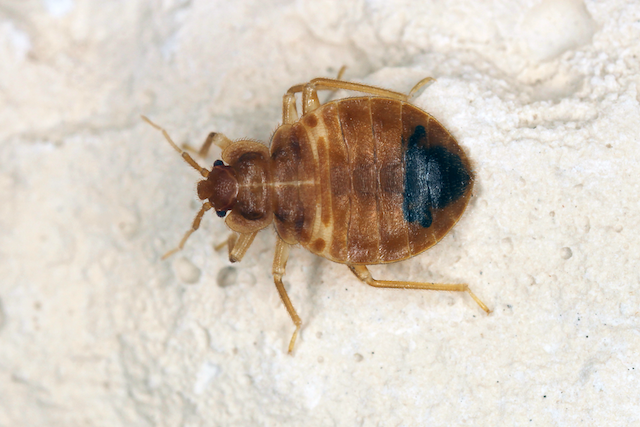Bed bugs are tiny insects that come out at night and feed on human blood. They are not only annoying, but they can also make some people allergic. However, some people may be allergic to the proteins in bed bug saliva, which can make the bites themselves itchy and painful. To successfully deal with both the infestation and the possible health effects, it is important to understand the link between bed bugs and allergies.
1. Allergic Reactions to Bed Bug Bites: Bed bug bites can cause a range of skin reactions, from itchy, red welts to more serious blistering. These responses can be worse for people who have allergies. When the immune system responds to proteins in the bed bug’s saliva that it injects while feeding, allergic reactions usually happen. It’s important to know the difference between a regular reaction to a bed bug bite and an allergic reaction.
**2. Common Allergic Symptoms: There are different ways that allergic responses to bed bug bites can show up. At the bite site, redness, swelling, and itching are common signs. In the worst cases, people may get hives, boils, or even have trouble breathing. It’s important to keep an eye out for signs of an allergic reaction and get medical help if the symptoms get worse.
3. allergy Reactions That Take Time: Sometimes, allergy reactions to bed bug bites don’t happen right away. Because symptoms may not show up right away, it can be hard to link them to bed bugs. People who have been hit by an insect may have itching, rashes, or other allergic reactions hours or even days later.
4. Taking Care of Allergic Reactions: People who are allergic to bed bug bites should take care of their symptoms as soon as possible. Antihistamines that you can buy over the counter can help relieve itching and swelling. For skin responses that are worse, topical corticosteroids may also be suggested. But it’s very important to talk to a doctor or nurse for specific treatment and advice.
5. Dealing with the Bed Bug Infestation: Dealing with the infestation itself is the best way to control allergies caused by bed bug bites. A lot of the time, you need to hire a professional pest control service to get rid of bed bugs in your house. Do-it-yourself ways might help for a short time, but a complete plan is needed to stop more bites and allergic reactions.
6. Avoiding Bed Bug Bites: People who are more likely to have allergic responses need to avoid getting bed bug bites. Putting bed bug-proof covers over mattresses and box springs can make a barrier that makes bites less likely. Cleaning up after yourself by cleaning, washing your sheets regularly, and keeping your space clear are also important ways to avoid getting sick.
7. Seeing a doctor: If allergic reactions to bed bug bites don’t go away or get worse, you should see a doctor right away. A medical worker can figure out how bad the allergic reaction is and suggest the best way to treat it. You might be told to get allergy tests to find out what causes your symptoms and make a personalized treatment plan.
8. Effects on emotions: Having to deal with both an allergic reaction and bed bugs can be hard on your mental health. The stress of dealing with allergic reactions and the difficulties of getting rid of bed bugs show how closely physical and mental health are linked. During this tough time, it’s very important to get emotional support from people like friends, family, or mental health experts.
This means that people who have to deal with an infestation need to know how bed bugs can affect people who have allergies. A comprehensive method is needed to both find and treat allergic reactions and deal with the bed bug problem at the same time. People can take back control of their living spaces and protect their health by getting skilled pest control, taking proactive steps to keep pests away, and seeing a doctor if they have allergic reactions.
